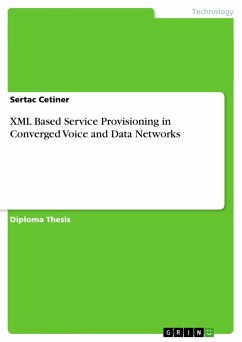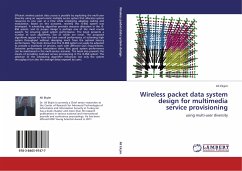Diploma Thesis from the year 2001 in the subject Electrotechnology, grade: 1,7, University of Ulm, language: English, abstract: In today's world, there are mainly two types of communication networks: circuitswitched networks and packet-switched networks. The current telephone networks are mostly based on the circuit-switched networks, whereas the Internet is mainly based on the packetswitched networks, which are also called IP networks. However, there is a strong tendency to combine both of these networks, which points to the direction that the IP networks are going to replace services provided by current telephone networks. This would eventually mean that IP networks might replace the telephone networks, in the future.Following are some reasons why IP networks seem to replace the circuit-switchednetworks:· First of all, the IP networks provide cheaper communication. Considering thatthe Internet access is nearly free, the cost advantage of IP networks gets clearer[25].· Secondly, IP networks provide the ability of integrating the data and voiceapplications, and even some other applications, like video-conferencing,integrated voice mail, e-mail, and the like [26].· Another important reason is that IP networks allow open implementation ofend systems. With a reasonable programming knowledge everybody couldimplement an end system for IP networks. In the classical telephony end userscannot implement any end system, but have to use whatever provided by theservice providers. [27]
Hinweis: Dieser Artikel kann nur an eine deutsche Lieferadresse ausgeliefert werden.
Hinweis: Dieser Artikel kann nur an eine deutsche Lieferadresse ausgeliefert werden.








